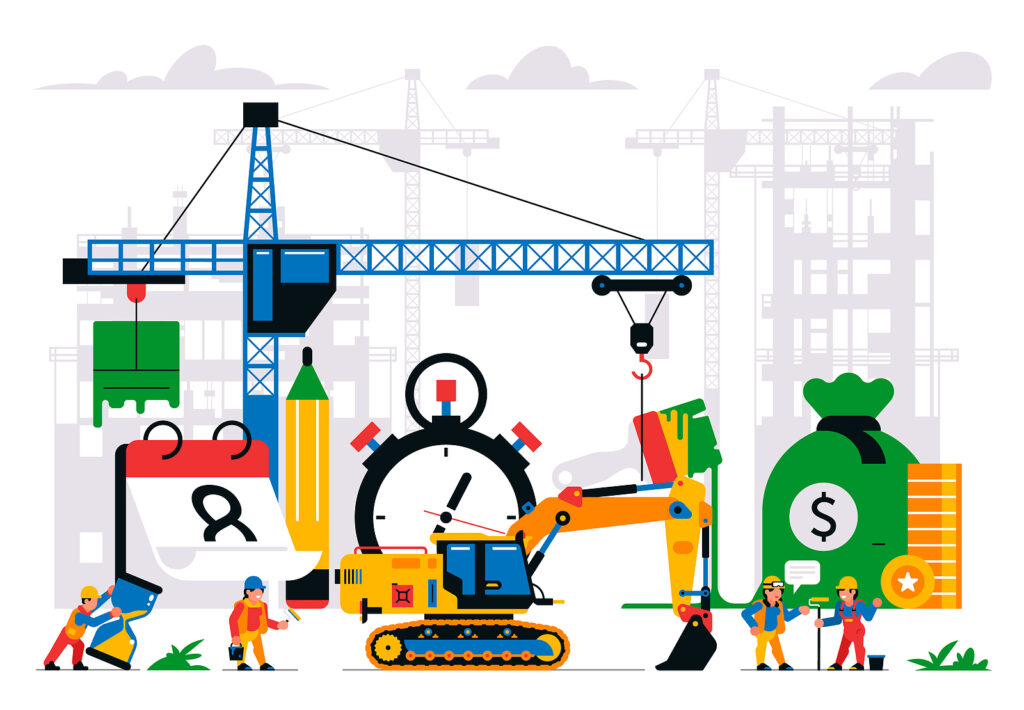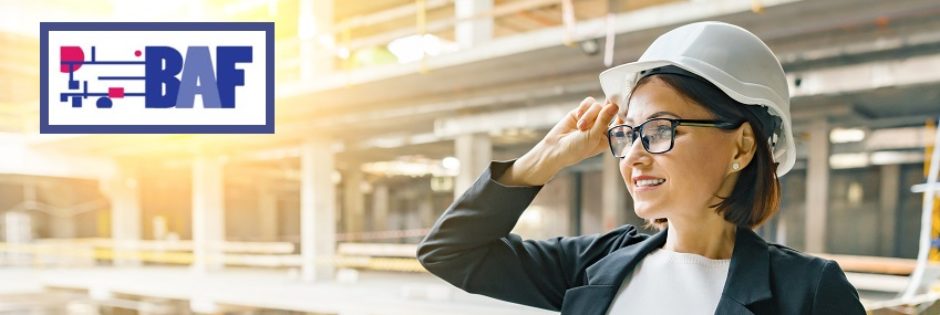In the commercial construction industry, whether a builder or buyer, expediency is a top priority and highly valued. But there is a fine line between schedule efficiency and quality, as no one ever wants corners to be cut or the structural integrity of the job placed in jeopardy just to finish a project on time. Fortunately, the most experienced and reputable commercial construction companies know how to deliver the highest standards of excellence while also staying on schedule as best as possible. These companies know how to avoid common commercial construction schedule delays, and have a proven methodology that ensures efficiency in all elements of the build, including budget, schedule, and quality.
Although many factors can play a role in delaying construction, both foreseeable and unforeseeable, many mistakes are entirely avoidable. Continue reading to learn the top 3 mistakes that lead to commercial construction setbacks and delays, and how you can avoid these errors when planning your upcoming build.

Municipal Plans and Permits
When you are building a new commercial property, you will need approval from the local municipality’s permitting and zoning department. All plans, inspections, permits, inspections, reviews, and zoning will all go through them first before any construction can take place. The mistake that is commonly made during this stage of the commercial building process is underestimating how long it will take. This has a ripple effect on all future scheduling plans, which causes major construction delays. A qualified commercial construction company will be the single point of communication and accountability among all outside architects, engineers, inspectors, review boards, and subcontractors.
Blueprint Approvals
All final blueprints must be approved by contractors and specialty contractors before work can begin. This ensures that there are no mistakes, misunderstandings, or miscommunications among the primary builders. This approval process takes time in order to get everyone on board and in agreeance. A common mistake made here is taking too long to coordinate a final meeting among all contractors and builders, or failing to come to agreement in a timely manner. The longer it takes to sign off on these blueprint shop drawings, the longer a project will be delayed, which delays future delivery shipments and installations.
Lengthy Lead Times
There are certain materials a commercial building plan might call for, such as elevators, that take a set amount of time to order and have delivered. These long lead times are important to take into consideration while planning your commercial construction. For instance, items shipping from overseas can take months to arrive, while common materials, such as elevators, take at least 16 to 18 weeks to receive. Systems like solar heating panels might take even longer because they require specialty parts. If these types of materials with long lead times are not ordered and set for deliver on time, they can cause major delays in the construction schedule.
Looking for a qualified and experienced Indiana commercial construction company? Contact BAF Corporation at 317-253-0531 to speak with a seasoned Indianapolis Indiana commercial general contractor, today.
You Should Also Like:
Why Construction Safety is So Important to a Commercial Project
Top 5 Benefits of Hiring a General Contractor
A Brief Introduction to Commercial Construction Services


